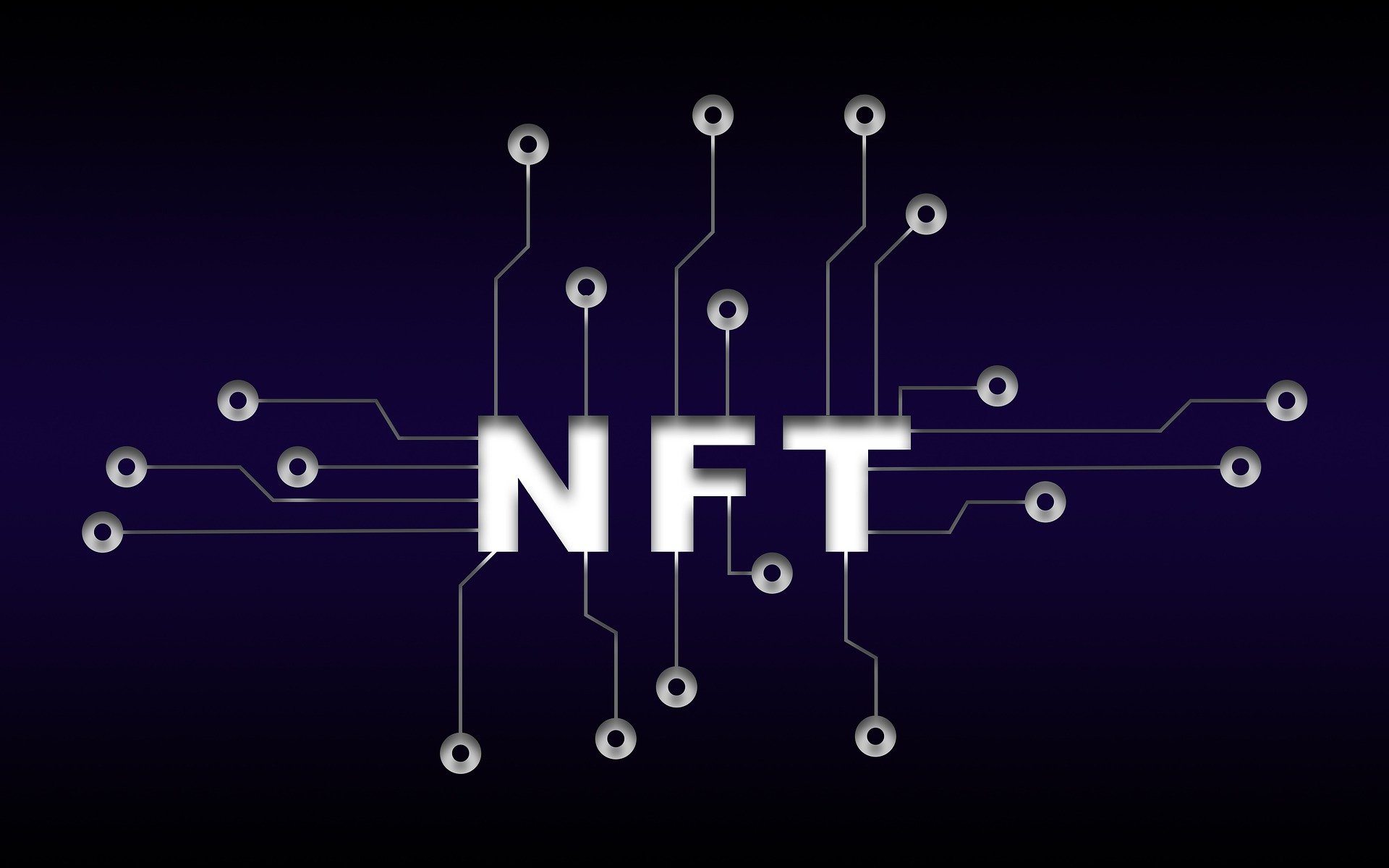Hey you !
A revolution is underway, and it involves many concepts and terms that are sometimes complex and not well understood. NFT (Non Fungible Token), Blockchain, crypto-currencies, tokens, metaverse, web3, etc… Passion Media today dissects the subject of NFT with you so that you can understand the stakes of this phenomenon that should revolutionize our daily lives.
What are NFTs and how do they work?
NFT stands for Non Fungible Tokens. They are unique digital assets (a bit like an ID card) that can be created and exchanged directly through the blockchain (information storage technology accessible to all). They are revolutionizing our use of the internet and allow us to create scarcity in a universe where until now everything is almost unlimited and freely available. NFTs are a way for artists, content creators, sportsmen, brands and anyone who creates something digital, to identify them as original creations. In other words? It allows the creation of a kind of copyright, and to take back control of the work done.
How to generate income with NFT?
As we mentioned above, NFTs are a kind of digital identity card that allows users to identify the owner behind each content made. It is also called a certificate of ownership (for unique virtual objects in video games and other types of virtual worlds, for musical works, for graphic creations, etc.). Concretely, this includes several aspects: the right of access, the right of control, the right to use, consume or even destroy. These rights can be resold, negotiated, shared via NFT. It is therefore a way to capitalize on these digital objects to create economic value. Eventually, it is not excluded that these tokens (translation of token) could be associated with short-term access to rental properties or shared cars. It would be a bit like a lease.
To summarize, NFTs can help regulate, secure and structure the content creation market (and many other sectors as well). It’s a new vision of the Internet, more secure and transparent.
Can NFTs change the game in terms of privacy and data management?
Yes, absolutely! NFTs can have many applications in this sense. For example, it will be possible to secure financial transactions (the token is transferred only once the amount is received). In the same logic, NFTs also offer many perspectives to reduce friction during a purchasing process, and all the administrative steps that are often too heavy and time-consuming. Finally, it reduces the number of intermediaries for each transaction and therefore considerably limits the risks related to privacy data (user name, postal address, bank details, family situation, date of birth, nationality, consumption data, income level, etc.).
NFTs, an asset for securing the Internet?
We all know the double authentication and identity verification systems (unique code, image selection, secret question, face ID, etc.). They are usually found when logging in to an account on a brand or company website. Unfortunately, this is no longer enough to guarantee the security of data related to the private life of users. Indeed, this implies new centralized intermediaries to verify this data. NFTs allow us to avoid this step. There is no need for an intermediary. Commercial transactions are simply done between the buyer and the seller, through smart contracts (via blockchain technology). It is also possible to go further by imagining a Token representing a digital identity. In this case, the process is even faster. It would then be possible to verify that a person meets certain criteria without having to share specific information that could be compromised.
How do you manage anonymity with NFTs?
This directly echoes the famous RGPD regulation that we all know. This regulation aims to regulate the processing of personal data and, in particular, to clarify the issue of storage. In other words? It is not possible to keep personal data online “longer than absolutely necessary”. However, the formula remains unclear and subject to interpretation by everyone. And this aspect seems for the moment complicated to manage for the NFTs. Indeed, the data on the blockchain cannot be deleted or modified. In other words? They are immutable. This is in total opposition to the current regulations. Moreover, it is the foundation of this new technology but the data is public. For example, Ethereum records all transactions on a register accessible to all. This is visible to everyone. This raises another important issue: the management of pseudonymity and anonymity. It must be possible to guarantee that the personal data linked to each transaction cannot be associated with individuals in a public way.
)

